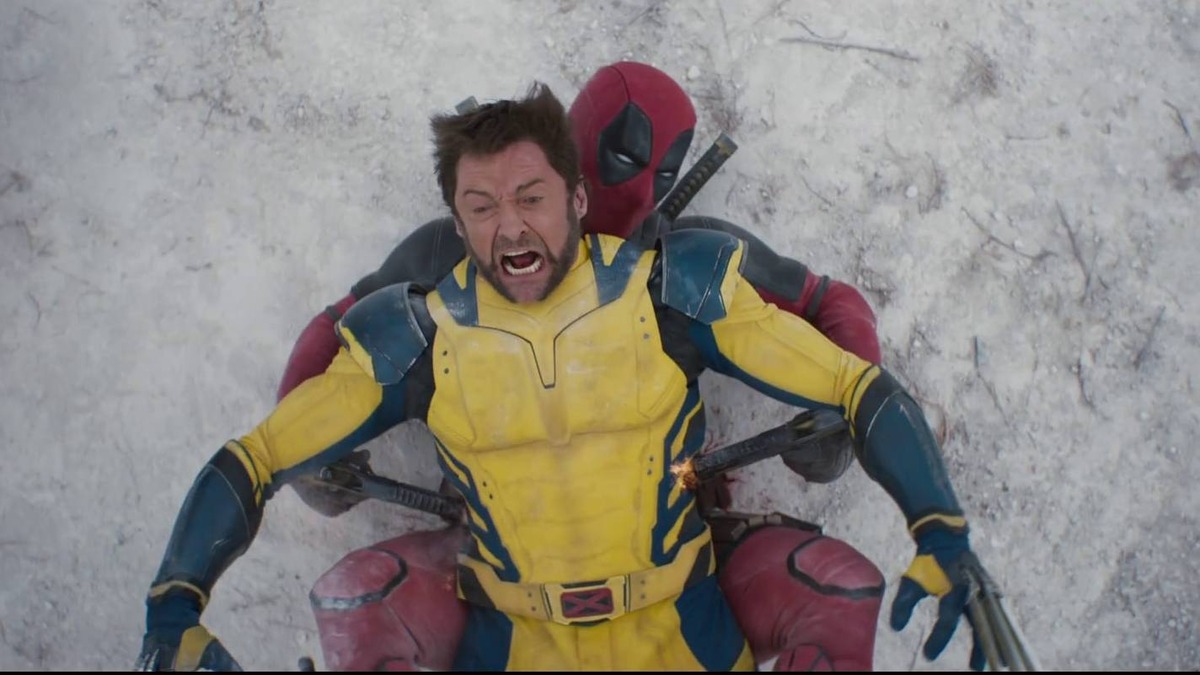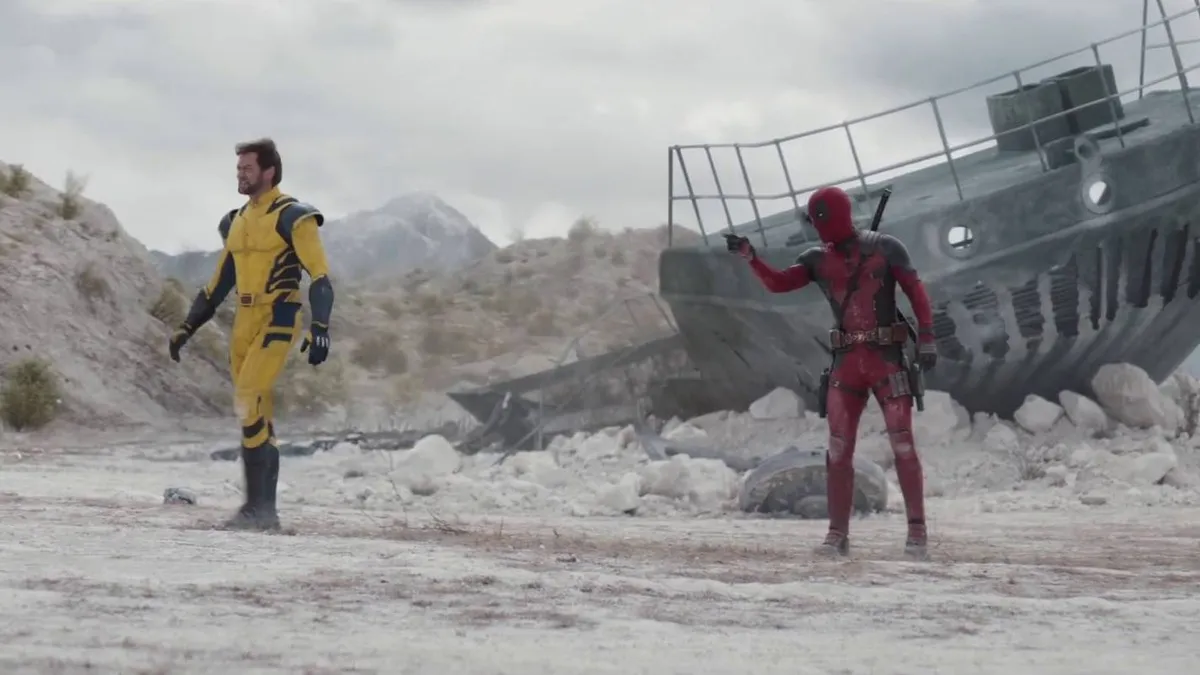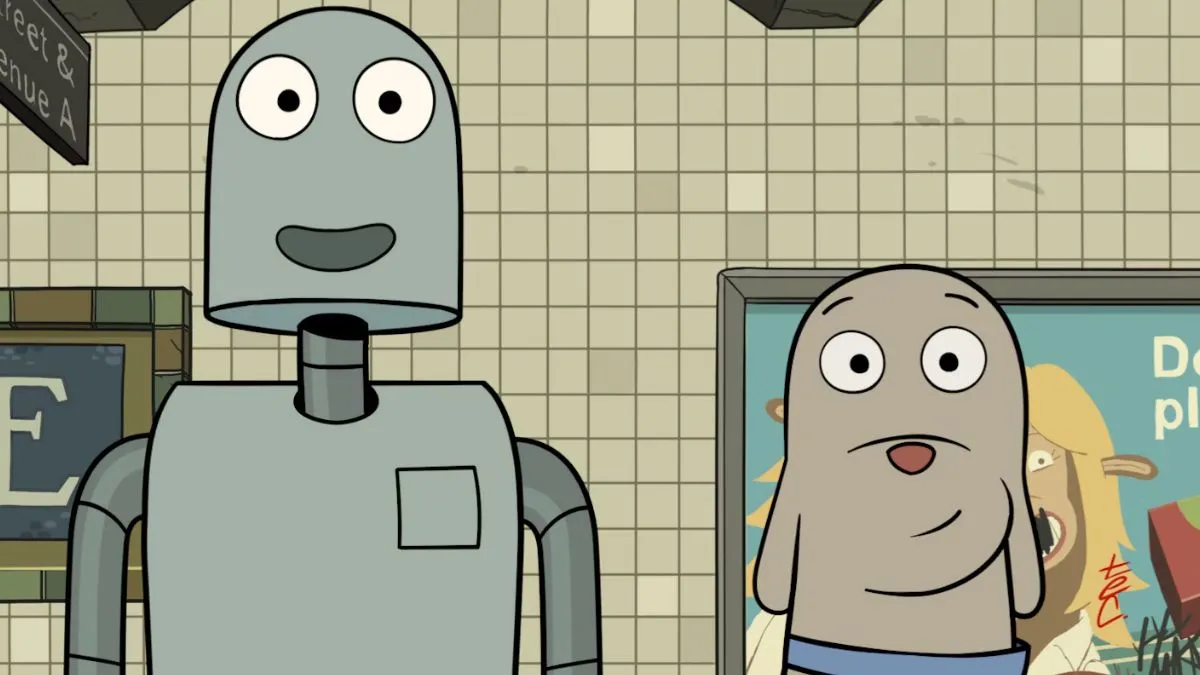Netflix’s Don’t Look Up is the star-studded satirical black comedy that places a mirror up to society for what many consider to be an allegory for world leaders’ collective inaction in the face of a looming yet somewhat abstract, existential threat: climate change.
The film replaces that very real crisis with a fictional comet with a point-blank trajectory towards Earth. Meryl Streep portrays U.S. President Orlean, who denies it is a legitimate threat due to conflicting political interests and downplays the impending disaster throughout the movie. Two exhausted scientists who make the discovery, Leonardo DiCaprio’s Dr. Randall Mindy and Jennifer Lawrence’s Kate Dibiasky, must take it upon themselves to convey the importance of doing something about the matter before all of humanity is wiped out, despite overwhelming indifference from the public.
While the movie has resonated fairly well with audiences, garnering a strong 77% audience score on the review aggregate site Rotten Tomatoes, the critical score on that same site is “rotten,” clocking in at just 55%.
However, despite this, the movie was nevertheless praised by many actual climate scientists, as a recent Forbes piece pointed out.
Many scientists researching the climate crisis tweeted their reaction to the movie, such as marine biologist Dr. Ayana Elizabeth Johnson. Johnson wrote, “I’ve never felt so seen” seeing DeCaprio and Lawrence warning of a pending apocalypse and “wincing, anxious, nervous sweating” at the cringe-worthy scenes of malignant apathy that their characters receive in response.
Julia K. Steinberger, a professor in social ecology and ecological economics, also pondered whether the film would make the world’s political leaders and media figures “recognize themselves” as macabre “cheerleaders of the apocalypse.”
An oceanographer and climate scientist, David Ho, also pointed out how the film highlighted the unfairly bad wrap that non-Ivy League school professors often receive merely for working at a public university.
And scientist Peter Gleick, a fellow of the U.S. National Academy of Sciences and winner of the Carl Sagan Prize for Science Popularization, reiterated his prescient message, also present in the film, that “There’s a reason every disaster movie starts with the government ignoring a scientist.”
It’s notable that while the movie is fictional and the aforementioned scientists who gave their reactions on Twitter work in a different field of study than astronomy — the area of focus in the movie — the producer of Don’t Look Up did hire someone with expertise in that background to add authenticity to the film.
Writer-director Adam McKay actually hired a well-known astronomer, Dr. Amy Mainzer, as the film’s consultant, it turns out, to make the scenes about science and its accompanying challenges as realistic as possible, according to Universe Today.
The professor at Lunar and Planetary Laboratory at the University of Arizona is one of the leading asteroid detection and planetary defense scientists, in fact.
Many movie viewers have interpreted the themes of societal denial of pending, scientifically proven threats as an allegory critical of the response to both climate change and the ongoing COVID-19 pandemic. Mainzer explained that the film “has a lot to do with how we as a society take news from science and react to it.”
“To me, the movie is about how scientists try to take what we are learning about the world and bring that knowledge to everyone else so that decisions can be made based on the science. That’s a really challenging thing to do. But in the end, this movie is a comedy and hopefully people who see it will laugh a little at how all of us – while we try to do our best – don’t always succeed.”
Don’t Look Up is on Netflix now.







